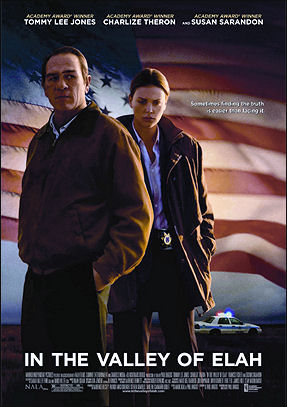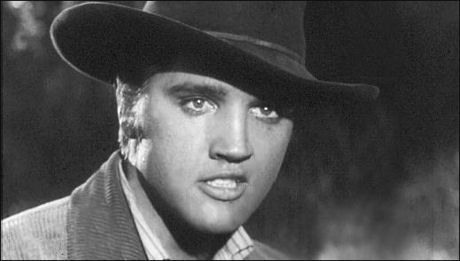It’s a little unusual that Roger Spottiswoode‘s Shake Hands With the Devil, a drama about Lt. General Romeo Dallaire‘s horrific saga as a commander of UNAMIR, the U.N. peacekeeping force, during the 1994 Rwandan massacre, is using the same title as Peter Raymont‘s exact- same-subject documentary, which played at Sundance ’05 and made its way around festivals and select theatrical bookings later that year.
It’ll also be the second time that Dallaire’s Rwandan experience has been portrayed in a feature — Nick Nolte‘s character in Tony George‘s Hotel Rwanda was based on him. Both the doc and the Spottiswoode film are based on Dallaire’s “Shake Hands With the Devil: The Failure of Humanity in Rwanda,” a book published in 2003.
Spottiswoode’s feature costars Roy Dupuiis, Deborah Kara Unger and Jean-Hugues Anglade




